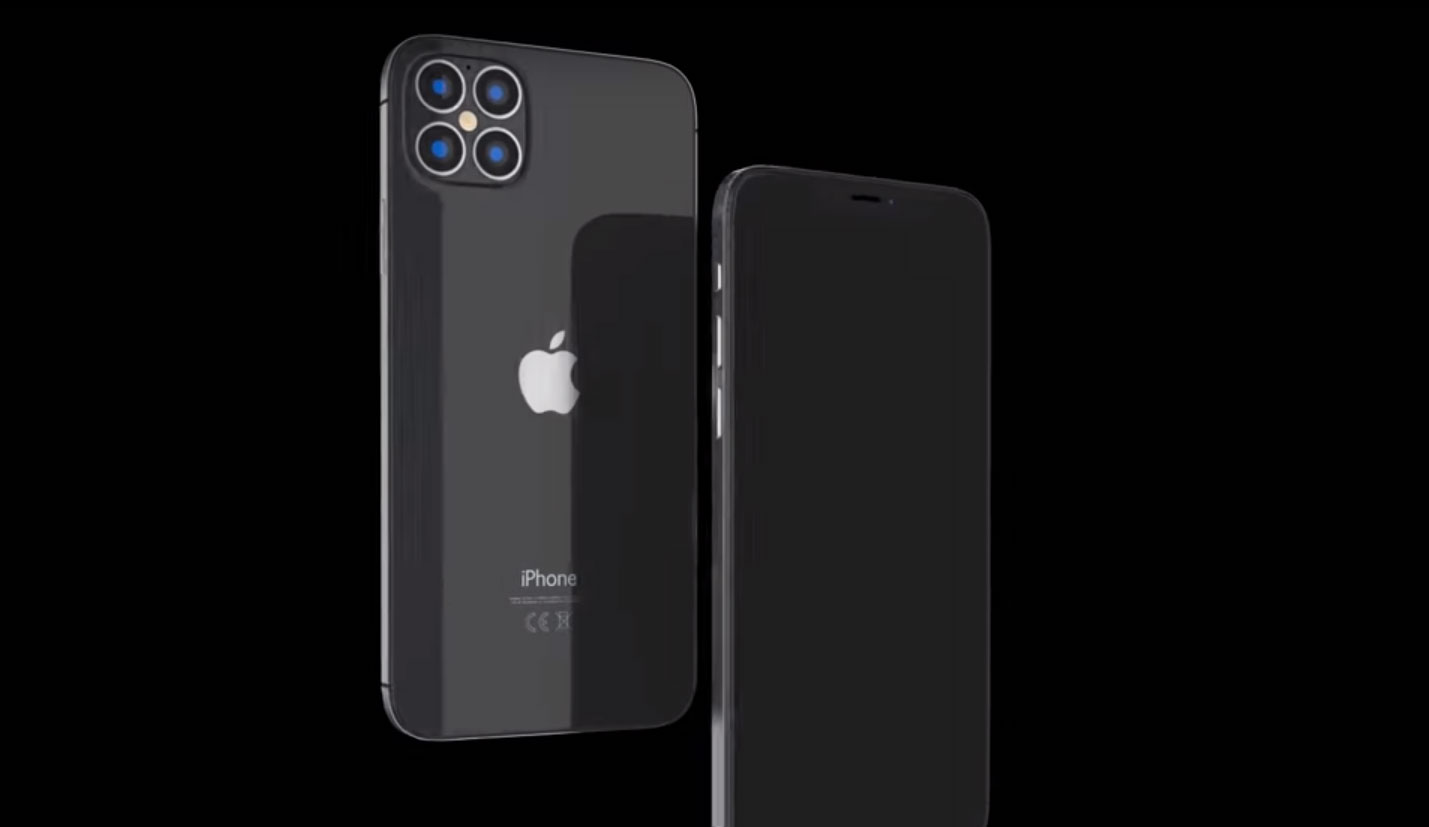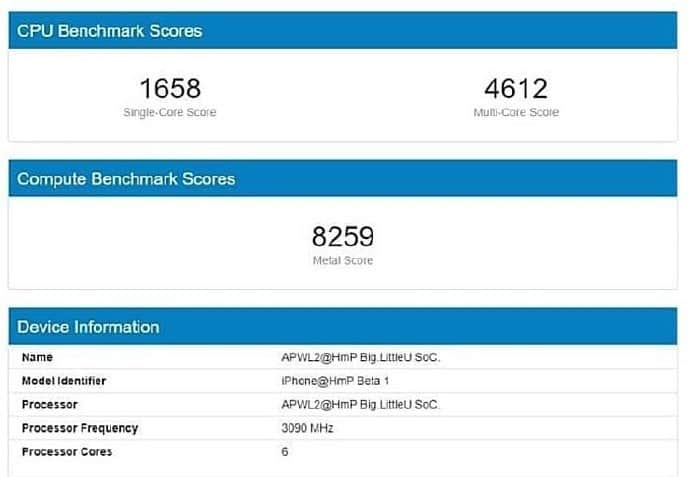iPhone 12’s leaked benchmarks destroy Samsung Galaxy S20 and every Android phone
More than double score on single-core

Here at Tom’s Guide our expert editors are committed to bringing you the best news, reviews and guides to help you stay informed and ahead of the curve!
You are now subscribed
Your newsletter sign-up was successful
Want to add more newsletters?

Daily (Mon-Sun)
Tom's Guide Daily
Sign up to get the latest updates on all of your favorite content! From cutting-edge tech news and the hottest streaming buzz to unbeatable deals on the best products and in-depth reviews, we’ve got you covered.

Weekly on Thursday
Tom's AI Guide
Be AI savvy with your weekly newsletter summing up all the biggest AI news you need to know. Plus, analysis from our AI editor and tips on how to use the latest AI tools!

Weekly on Friday
Tom's iGuide
Unlock the vast world of Apple news straight to your inbox. With coverage on everything from exciting product launches to essential software updates, this is your go-to source for the latest updates on all the best Apple content.

Weekly on Monday
Tom's Streaming Guide
Our weekly newsletter is expertly crafted to immerse you in the world of streaming. Stay updated on the latest releases and our top recommendations across your favorite streaming platforms.
Join the club
Get full access to premium articles, exclusive features and a growing list of member rewards.
The iPhone 12 will be a speed monster so extremely powerful that it will destroy every single phone released in 2020, including the the current king of Android hill — the Samsung Galaxy S20 Ultra.
At least that's according to the benchmarks unearthed on Weibo by the Chinese tech publication ITHome, as originally reported by GizChina.
- Breaking: New iPad Pro offers Magic Keyboard with touchpad
- Also: New MacBook Air unveiled with Magic Keyboard and twice the speed for $999
- Just In: iPhone 12's new compact size just confirmed
The posted results puts the iPhone 12 on par with the latest iPad Pro, which even scorched most PC laptops in terms of raw processing power. Take a look below.
According to this alleged Geekbench 5 score card, the rumored A14 Bionic processor in the iPhone 12 will run at about 3.1GHz. According to past rumors, the new CPU will be manufactured by chip foundry TSMC using a 5-nanometer process, putting it right on the edge of the current physics barrier for electronics.

1,658 on single-core and 4,612 in multi-core are truly mind-blowing numbers for a device of this size. Compare that to the the benchmarks of the current King of the Android Hill, the Samsung Galaxy S20 Ultra.
The fastest Android phone on Earth at this point can only obtain 805 on single-core and 3,076.7 on multi-core. That already put it under the iPhone 11 Pro Max’s A13 bionic chip (which has 1334 on single-core and 3517 on multi-core), but the A14 obliterates the Snapdragon 865 in the S20 Ultra by a very wide margin.
On single-core, the difference is more than double, with a 853-point difference. On multi-core the margin is not so wide but it’s impressive still: 1,536 points. It just seems impossible that Qualcomm — or anyone else, really — will ever catch up to Apple’s CPU lead when it comes to mobile devices.
Get instant access to breaking news, the hottest reviews, great deals and helpful tips.
While abstract benchmarks are not entirely representative of actual device performance — as there are other factors to take into account, like RAM, storage speed, and the software itself — the difference in raw power is just too big to ignore. Like the iPad Pro, the next-generation iPhone 12 will be able to handle extremely resource-intensive apps that the current crop of Android phones will have a hard time coping with.
Jesus Diaz founded the new Sploid for Gawker Media after seven years working at Gizmodo, where he helmed the lost-in-a-bar iPhone 4 story and wrote old angry man rants, among other things. He's a creative director, screenwriter, and producer at The Magic Sauce, and currently writes for Fast Company and Tom's Guide.
 Club Benefits
Club Benefits











